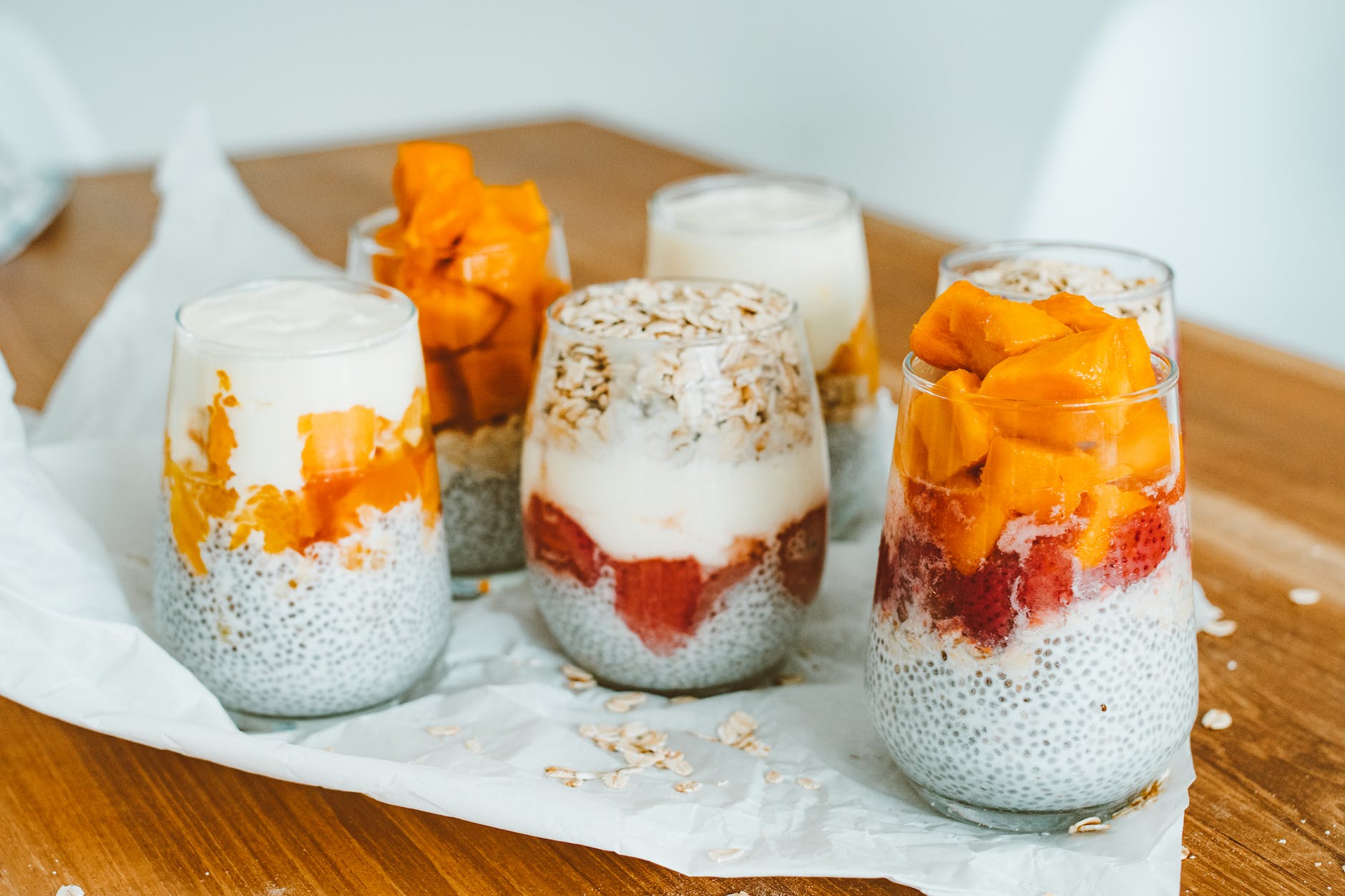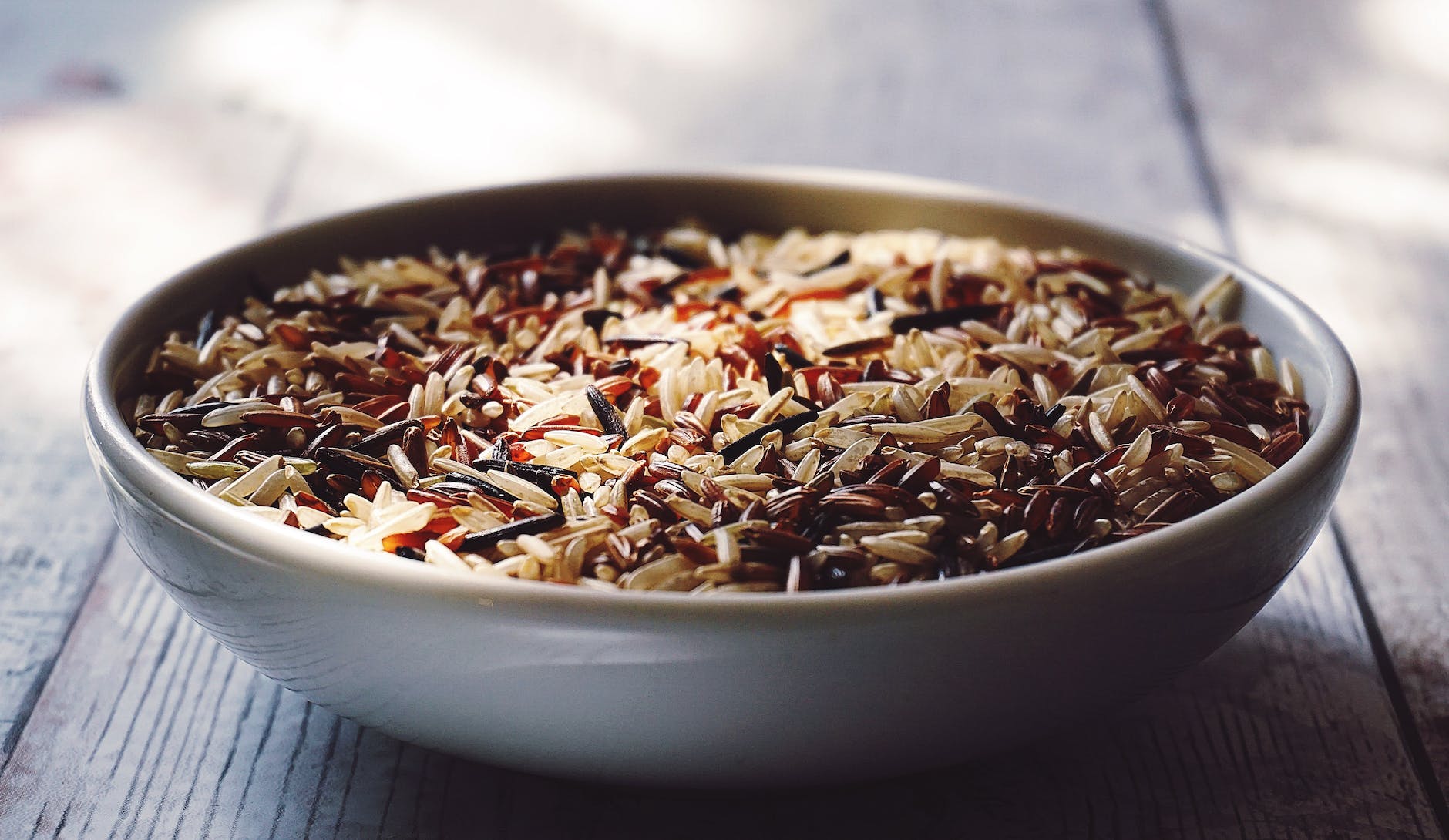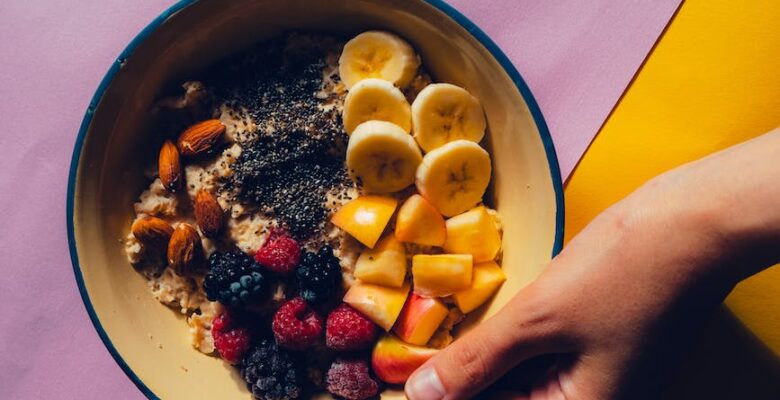The study adds to the growing amount of evidence that supports the health benefits of eating chia seeds.
According to a new study, chia seeds may have nutritional properties that help with blood pressure management and have anti-inflammatory properties.
Chia seeds, according to experts, are a fantastic supplement to a balanced diet and should be included in meal planning.
Chia seeds have long been popular additions to “superfood” listicles, and a recent study suggests that they should be kept there.
“This knowledge not only deepens our understanding of chia seed nutrition, but it also offers insights for scientists to leverage this information toward improving human health,” says Michelle Routhenstein, RDN, a registered dietitian nutritionist and preventive cardiology dietitian at EntirelyNourished.
This knowledge includes a review published this year in January 2023, which suggests that chia seeds contain:
- Polyunsaturated fatty acids have been shown to benefit cardiovascular health.
- High fiber content can help to stabilize blood glucose levels in diabetes and GI illnesses.
- Protein that may aid in the treatment of cancer and high blood pressure.
In general, experts agree that it’s critical to understand the nutritional worth of foods like chia seeds.
“Nutrition profoundly affects our health, longevity, and susceptibility to illnesses,” says Catalina Ruz Gatica, a registered dietitian specializing in chronic illness and general well-being. “By identifying key nutrients in specific foods that can combat illness, we equip our bodies with essential tools for maintaining health.”
Experts delved deeper into the new study, clarifying what it says, what it doesn’t, and how to incorporate chia seeds into your diet.

What exactly are chia seeds?
“Chia seeds are edible seeds from the plant Salvia hispanica,” explains Cara Harbstreet, MS RD LD of Street Smart Nutrition.
Chia seeds are indigenous to South America and were used as a major crop and food source by Mesoamerican people prior to European arrival. Harbstreet describes them as black or gray and little (approximately 2 millimeters).
“A key distinguishing feature is their hydrophobic nature, allowing them to absorb 10 to 12 times their weight in liquid,” Harbstreet said. “This forms a thick, gel-like substance for food use, although they can also be eaten raw.”
Despite their small size, chia seeds have a broad list of possible health benefits, which has earned them the attention of scientists.
“The nutritional and pharmaceutical benefits of chia seeds have long been studied.” “They are high in omega-3 fatty acids, polyunsaturated fatty acids, fiber, protein, antioxidants, and trace minerals,” explains Maddie Pasquariello, MS, RDN.
What the new study says about chia seed health benefits
The researchers “sequenced the chia genome,” which means they examined its genetic code in a lab.
The authors discovered 29 genes in chia seeds that help with polyunsaturated fatty acid (PUFA) manufacturing and 93 that help with the gel-forming feature mentioned by Harbstreet. Furthermore, approximately 2,700 highly expressed genes in the seed will almost certainly produce protein-derived tiny bioactive peptides.
“These compounds may offer benefits such as anti-inflammatory effects, glucose regulation, and blood pressure management [when consumed],” according to Ruz Gatica.
This is not the first publication to sequence a chia genome, but it is more detailed at the molecular level and contributes to a growing body of knowledge.
“This study marks a significant milestone as it unveils the genome mapping of chia seeds, a vital step in comprehending the seed’s genetic composition and potential for future breeding,” Ruz Gatica, the study’s lead author, said.
According to Harbstreet, the study can pave the way for additional investigation into the foods’ potential for human health benefits.
“This could enable future studies to focus on these specific genetic characteristics of chia seeds for nutrition or pharmacological research,” Harbstreet said. “Additionally, this may encourage other plant genomic scientists to think about the potential nutrition-related outcomes of their research and include it more prominently in their reports or publications.” As research is a difficult and expensive process that relies on interest from many groups to increase our knowledge, this may lead to cross-specialty collaborations or partnerships.”
Limitations of the new study
“While the paper presents a rigorous look assessment of the chia genome and suggested implications for the field of nutrition, it doesn’t provide explicit evidence linking the nutritional content of chia — more than other substances containing PUFAs, fiber, and more — to the negation of disease risk,” Pasquariello said.
“While the study briefly discusses prior research that established protein, fat, and fiber content by weight of chia, the authors of this paper do not discuss the full nutrient content of chia in a significant way or note the implications of its mineral or antioxidant content beyond a brief mention of B-caryophyllene,” Pasquariello said in a statement.
Pasquariello believes this has no effect on the paper’s impact or validity but warns people not to use it as the main reason to include chia seeds in their diet.
She believes the article merits further discussion and, ideally, will lead to greater research into the human health consequences of chia seeds.

Why chia seeds may aid in the treatment of hypertension and the prevention of cancer
According to the study, the benefits of chia seeds are most likely due to their makeup.
“The potential of chia seeds to reduce the risk of high blood pressure is primarily attributed to their Omega-3 fatty acid content,” Ruz Gatica, a researcher, explains. “Chia seeds are a great source of plant-based Omega-3 fatty acids.” Omega-3 consumption, whether through diet or supplementation, has been related to reducing blood pressure.”
For example, a small 2021 randomized-control trial including 42 persons with type 2 diabetes found that consuming at least 40 grams of chia seeds daily for 12 weeks reduced systolic blood pressure.
In terms of cancer, Ruz Gatica points to the high amounts of antioxidants and polyphenols found in chia seeds.
“These antioxidants play a crucial role in protecting cells from oxidative damage caused by free radicals,” Ruz Gatica, a researcher, explains. “This protective effect is significant in preventing the damage from prolonged inflammatory responses often associated with chronic illnesses like cancer.”
However, no single meal may prevent chronic disease.
“As part of a balanced diet, chia seeds may help confer benefits for disease risk when it comes to cardiovascular health and cancer,” explains Pasquariello. “It’s important to note, though, that, just as no singular food makes your diet ‘unhealthy,’ no singular food is a cure-all or wholly preventive for disease on its own.”
How to add chia seeds to your meals
Chia seeds are not a cure-all for cancer or hypertension, but they are a wonderful supplement to most diets, according to experts. If you’re new to chia seeds, take it slowly and pay attention to how your body reacts.
“Gradually introducing chia seeds in small amounts is key to preventing digestive issues and getting accustomed to their texture,” according to Rosenstein. “Because chia seeds absorb liquid and swell, staying well-hydrated is vital when incorporating them into your diet to prevent potential digestive discomfort.”
Experts discussed their favorite ways to eat chia seeds.
Oatmeal
Ruz Gatica enjoys incorporating chia seeds to improve this morning classic since they add fiber, lipids, and plant-based protein.
“Sprinkle chia seeds into your morning oatmeal,” she goes on to suggest. “Add your preferred liquid, such as milk, yogurt, or water, and let it sit for 5 to 10 minutes before eating.”
Pudding with chia seeds
Pasquariello says one of her favorite ways to incorporate these nutrient-dense seeds into her diet is through chia pudding. She recommends combining:
- Chia seeds (two to three tablespoons)
- 1/2 a cup of yogurt
- a single cup of milk
- Fruit that is in season
- Optional: honey or maple syrup to taste
“Leave it to sit in the fridge for a few hours,” she said. “You can opt for Greek Yogurt or protein-rich milk, including both dairy and enriched non-dairy options, to add additional protein.”
Grains
Are you looking for something delectable?
“Mix chia seeds into a grain blend,” suggests Harbstreet.”Try cooking them with quinoa, couscous, amaranth, orzo, lentils, or other small pasta shapes.”

To Conclude
According to a new study, chia seeds may help reduce the risk of high blood pressure and cancer due to their high fiber level and omega-3 fatty acid content.
Experts believe that chia seeds have nutritional benefits and are an excellent supplement to a healthy diet.
Chia seeds can be put into oatmeal and grains or used to make pudding.
Because there is no one-size-fits-all solution for chronic disease, it is critical to combine chia seeds with other nutrient-dense foods. A doctor or a dietician can supply additional information.
